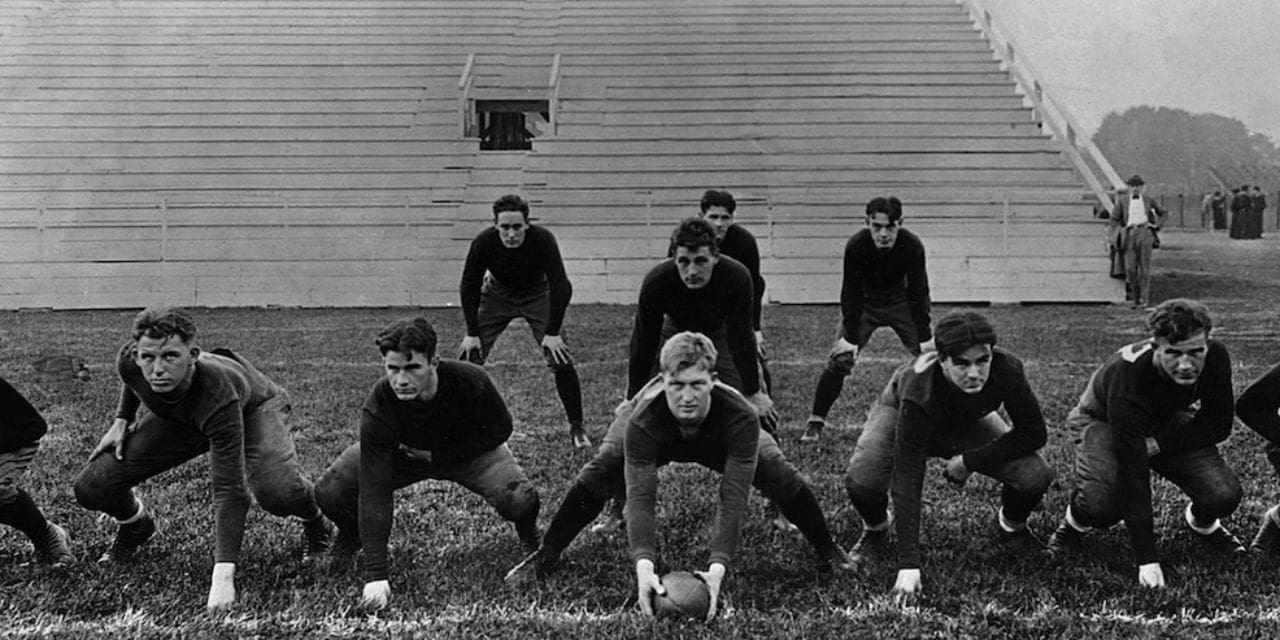Sports, in their various forms, have been an integral part of human civilization for centuries, serving purposes that extend well beyond mere physical activity. The history of sports is rich and diverse, reflecting the cultural, social, and even political contexts of the times. This article delves into the origins of sports, exploring why they were invented and how they have evolved over time, including a brief mention of the development of sports equipment like softball gloves.
Early Beginnings of Sports
The origins of sports can be traced back to the ancient world, where they were closely tied to religious, military, and social customs.
- Ancient Civilizations: In ancient civilizations, sports often had religious connotations. The Greeks, for example, organized the Olympic Games in honor of Zeus, a tradition that dates back to 776 BC. These games were a crucial part of their culture and a means to worship their gods.
- Military Training: In many societies, sports were seen as a form of military training, preparing young men for battle. Sports like running, javelin throwing, and wrestling were viewed as essential for building strength, endurance, and combat skills.
- Social and Cultural Significance: Sports also played a vital role in social and cultural bonding. They were a means of entertainment, a way to settle disputes, and a tool for teaching moral values and teamwork.
Development of Modern Sports
As civilizations evolved, so did the nature and purpose of sports. The modern era witnessed the formalization and standardization of various sports.
- Codification of Rules: The 19th century, especially in Britain, saw the codification of rules for many sports, including football (soccer), rugby, and cricket. This period marked the shift from traditional games to organized sports.
- Industrial Revolution and Urbanization: The industrial revolution and urbanization created a need for organized recreational activities, leading to the growth of sports clubs and competitions.
- Globalization of Sports: With the advent of global trade and communication, sports began to spread beyond their regions of origin. Modern Olympics, first held in 1896, played a significant role in globalizing sports.
Why Were Sports Invented?
Sports were invented for various reasons, which evolved over time.
- Physical Fitness and Training: Initially, many sports were developed for physical fitness and training, especially for military purposes.
- Religious and Ritualistic Purposes: In ancient cultures, sports were often linked to religious rituals and ceremonies.
- Social Cohesion and Competition: Sports served as a means of socializing, fostering community spirit, and providing a platform for healthy competition.
- Entertainment and Leisure: Over time, sports became a source of entertainment and leisure, offering spectators amusement and players an escape from the routine.
The Role of Equipment in Sports
As sports evolved, so did the equipment used, becoming more specialized and sophisticated.
- Softball Gloves: In sports like softball, equipment such as softball gloves plays a crucial role. Softball gloves, which have evolved significantly since the sport’s inception, are designed to enhance performance and protect players’ hands. The development of these gloves reflects the broader evolution of sports equipment towards greater safety and efficiency.
Sports in the Contemporary World
Today, sports are multifaceted – they are a form of entertainment, a business, a way to stay fit, and a tool for social and cultural exchange.
- Professionalism in Sports: The 20th and 21st centuries have seen the rise of professionalism in sports, with athletes competing at the highest levels for financial gain.
- Sports and Globalization: Modern technology and media have transformed sports into a global phenomenon, transcending geographical and cultural boundaries.
- Sports and Health Awareness: In recent years, there has been a growing emphasis on sports and physical activity as essential for maintaining health and combating lifestyle-related diseases.
Conclusion
In conclusion, the history of sports is a tapestry of human endeavor, reflecting our innate desire for physical activity, competition, and social interaction. From ancient religious ceremonies to modern professional leagues, sports have continuously evolved, mirroring the societal changes of each era. The invention of sports, driven by various needs such as military training, religious practices, and social cohesion, has culminated in a diverse array of global sports today. As we look towards the future, sports will undoubtedly continue to play a significant role in society, offering opportunities for physical health, entertainment, and cultural exchange. The development of sports equipment, like softball gloves, will continue to evolve, enhancing the experience and safety of athletes worldwide.

